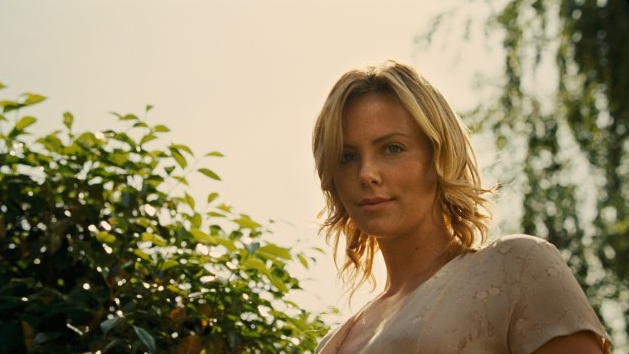The Road
The nature of the disaster that ends civilization in The Road is never explained. Not in the Cormac McCarthy novel. Not in the fantastic John Hillcoat screen version. Yet you would be kidding yourself to bet against a nuclear war.
It could be a comet strike, or an asteroid, or super-volcanic activity, as has been proposed. If it were any other author, those choices might make sense. But would a writer like McCarthy, who has so assiduously held forth on violence, leave the end of the world up to random astronomical chance? I’m deeply skeptical.
So it needs to be appreciated that the father and son of The Road are not only wandering across a slowly dying earth. They are wandering through the apocalyptic aftermath of the ultimate act of nihilism. And in this we connect The Road to the dream the Sheriff reveals at the end of No Country for Old Men, of his father leading him with a torch safely through an intimidating darkness.
Here, the father and son speak of their mission of survival as “carrying a fire.”The Road is already gaining a reputation for being “bleak” and “pessimistic.” Yet for all its cannibalism, dead forests and ashy winter sky, I think this is wrong—I find it enormously optimistic. Because what it says to us is that a world abandoned by hope does not need to be abandoned by our humanity. And what you find at the end of the road might not be sun, or shelter, or deep blue sea, but rather those Faulknerian virtues—love, and honor, and the willingness to endure.
Hillcoat earned this chance with his terrific Outback Western The Proposition, compared by Roger Ebert to McCarthy’s masterpiece Blood Meridian (The lead is one of Ebert’s all-time great lines, “The Proposition relocates the Western from Colorado to Hell.”).
In The Road, he abandons that film’s violent, sun-drenched spectacle in favor of futuristic anti-spectacle – all ash, and gray, and grit. Every abandoned house echoes with the deadest of dreams.The performances have the flavor of red meat, barely cooked, desperate. Both Viggo Mortensen and the remarkable Kodi Smit-McPhee give performances of scrawny vulnerability, with only love to shield them. As the resigned wife of memory, Charlize Theron gives us five minutes that deeply sting.
Her mysterious walk into the dark forest will remind film lovers of the dame’s disappearance into the jungle in Werner Herzog’s Aguirre, The Wrath of God.
And what is Herzog’s dictum – that extreme conditions reveal the human essence? There is no better description of the events of The Road.
Yet it remains a movie of fathers teaching sons and sons teaching fathers, as manfully tender as anything in Field of Dreams. This strange confluence of love and desperation will sear itself into your mind and stay there.







